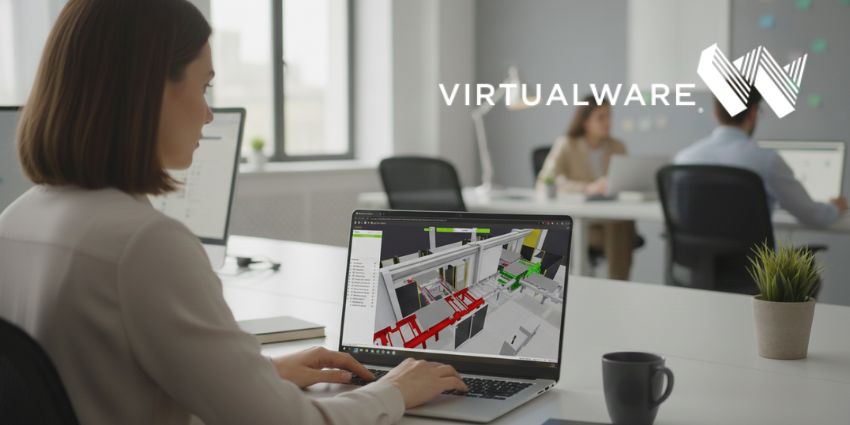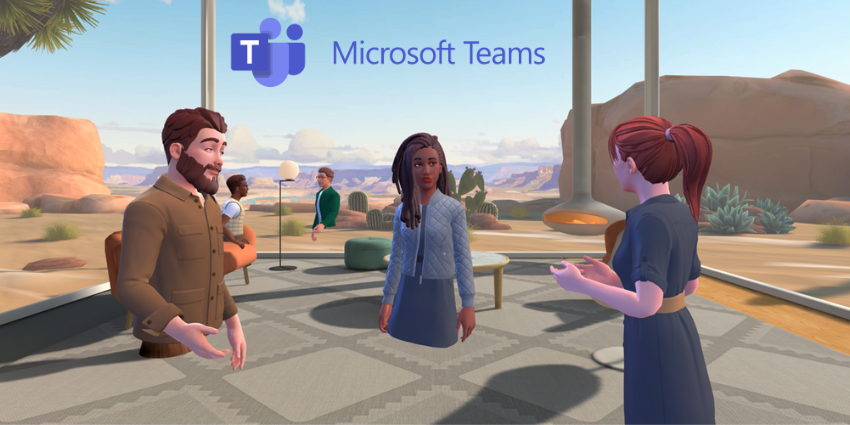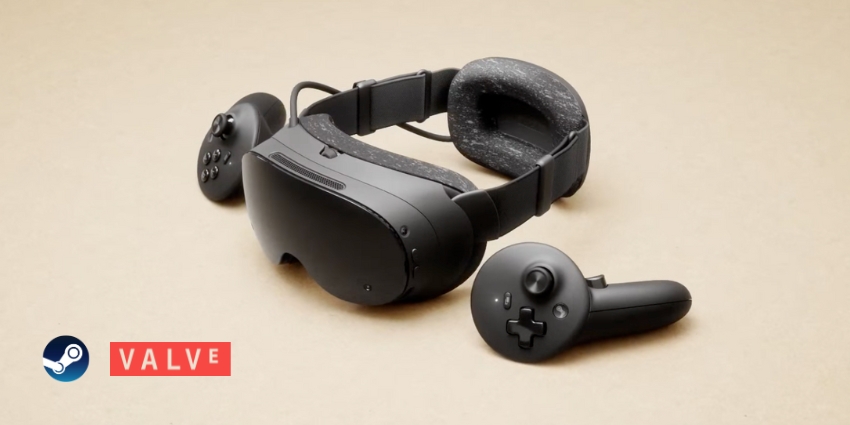The XR Awards are back for a fourth year, celebrating the best in augmented, virtual, and mixed reality innovation from the past 12 months. Each year, the XR Awards proudly showcase a diverse range of end-users, individuals, and companies leading the enterprise XR space.
With 2025 already shaping up to be a significant year for the immersive technology industry, it builds upon an innovative 2024. The upcoming year will continue a legacy of innovation fostered by a dedicated and hardworking industry.
Applications for this year’s XR Awards will open on Monday, March 3rd, 2025, and must be submitted by Friday, April 11th, 2025. Be sure to prepare and submit your application as soon as possible to get a chance to win.
The awards ceremony will take place on Thursday, May 29th, 2025, so mark your calendars! You can also check out the growing list of judging panellists and the refined categories. The XR Today team is available to assist you throughout the application process, so feel free to reach out with any challenges or questions.
But, as the XR Awards 2025 celebrates the best the XR industry offers, let’s look at this week’s biggest stories.
Meta Updates Dev Passthrough Status
Recently, a Meta Spokesperson officially updated the Meta Quest developer passthrough access status. Last week, AndriodXR developers highlighted a core development insight: the platform’s offering of passthrough access, a feature Meta Quest developers do not yet have.
Following the publication of that article, Meta contacted XR Today to clarify its position on deploying developer passthrough access.
Speaking directly to XR Today, an official spokesperson for Meta Reality Labs clarified its position on passthrough access on 18/02 by explaining: “Our Passthrough Camera API has currently been implemented in experimental mode with our partners — We’ve been testing it with select developers, and it will be expanding to broader access very soon.”
Meta Quest v74 Update Enhances Productivity Features
Moreover, Meta Quest is now rolling out v74 of its OS to Meta Quest 2, 3, 3S, and Pro headsets, focusing on streamlining everyday tasks and enhancing productivity features for users.
The v74 update introduces a more intuitive way to manage 2D applications in virtual reality. Users can now see minimized apps displayed above the universal menu, making tracking and switching between open applications easier.
A significant new feature for Meta Quest 3 owners has been added: direct connection to external displays via USB-C DisplayPort. This allows for high-resolution, low-latency output to external screens, which is especially beneficial for content creation and live streaming.
Additionally, the update enhances the reliability of wireless casting across all supported devices, facilitating easier sharing of VR experiences with others.
The v74 update also simplifies various everyday functions. Users can now create shortcuts to frequently visited websites directly in their library, providing quicker access to typical web applications.
Additional quality-of-life features are included, and, as with previous updates, users should expect a gradual rollout over several weeks as Meta ensures stable deployment across its device ecosystem.
SynergyXR 3.1 Immersive Training Platform: All You Need to Know
SynergyXR has released version 3.1, improving upon the successful foundation of version 3.0. This update introduces powerful new features to enhance content creation, performance optimization, and delivery across all supported devices. The platform maintains its strength as the world’s most intuitive solution for creating immersive XR training content, requiring no coding skills.
A key feature of SynergyXR 3.1 is the enhanced Procedure Builder, which now includes comprehensive video support. Content creators can seamlessly integrate video content into their procedures with playback control actions, leading to more dynamic and engaging training experiences. The optimization of the builder’s user interface provides improved clarity for complex procedures, while streamlined content replacement ensures training materials remain current with minimal effort.
Recognizing the challenges of maintaining consistent performance across diverse devices, SynergyXR 3.1 introduces comprehensive Performance Reports. These diagnostic tools analyze content, environments, procedures, and entire Spaces, offering detailed insights into potential performance bottlenecks. The system also provides actionable recommendations for optimization, ensuring that training programs deliver smooth and responsive experiences across all supported devices.
SynergyXR 3.1 continues the platform’s commitment to device interoperability, supporting a wide range of hardware, including Apple Vision Pro, Meta, HTC, Pico headsets, and Windows, Mac, iPhone, and iPad devices. This broad compatibility ensures organizations can implement training solutions that align with their specific technological infrastructure. The platform’s versatility makes it an ideal solution for companies operating across multiple regions with varying device preferences and requirements.
Overall, this update represents a significant step in making immersive training more accessible, efficient, and scalable.
NHS Pushes Forward with Multi-Million Virtual Reality Training Project
This week, the NHS made significant progress utilizing XR technologies through a government-led initiative worth £4.3 million focused on virtual reality training. This initiative aims to reduce travel and material costs while addressing skill shortages among STEAM students and NHS staff.
Innovate UK is spearheading this multi-million-pound VR training program, providing outreach programs and hands-on training for students, professionals, and NHS employees. Professor Ivan Wall, co-director of Resilience at the University of Birmingham, commented:
VR technology is advancing rapidly, and the ability to recreate in detail real-world environments means we can deliver high-value training without the need to be in those environments,. This cuts dramatically the need for travel, a major source of emissions, and additionally means we don’t consume expensive and potentially environmentally harmful materials, such as single-use plastics.
Wall describes the NHS’s use of VR technology as “central,” noting that the Resilience project is “helping young people safely learn skills that would be impractical to acquire in the real world due to logistical constraints and capacity.”
The Resilience project was first introduced by Innovate UK in 2023 to address skill shortages and sustainability goals by providing virtual learning environments for developing technical and laboratory knowledge.







